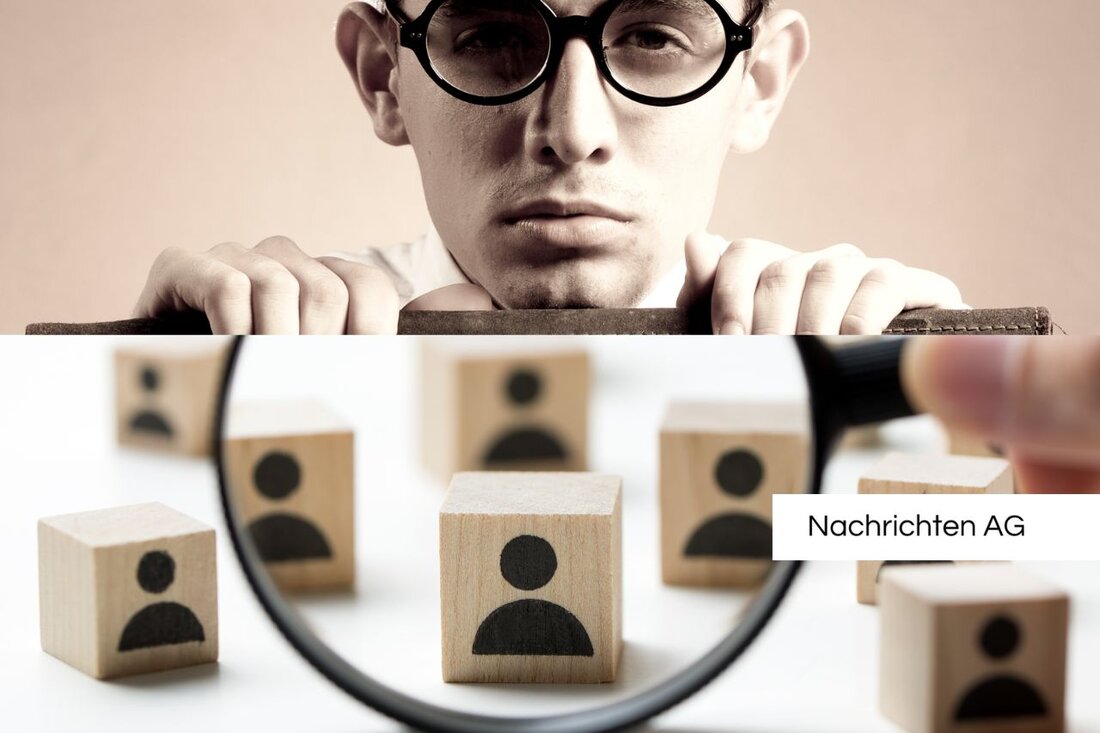Danger! Carbon monoxide risk from air conditioning in Vienna!
Risk of carbon monoxide in Vienna: Experts warn of risks of mobile air conditioners on hot days. Important safety tips.

Danger! Carbon monoxide risk from air conditioning in Vienna!
With the first hot summer days, the demand for cooling in the apartments increases. At the same time, the risk of dangerous incidents increases, especially due to carbon monoxide. The state guild master Christian Leiner warns of the potential dangers that can occur in particular when operating mobile air conditioning systems in connection with gas devices. These devices can significantly disturb the air household, which can lead to dangerous exhaust gas back jam. Carbon monoxide, odorless and extremely toxic gas, can quickly reach high concentrations and lead to health emergencies with insufficient exhaust air treatment. Leiner explains.
explains just a few minutes to create life -threatening valuesThere is a special risk at temperatures above 30 degrees Celsius. In this heat, a so -called heat stop can form, which blocks the natural withdrawal of the fireplace. This is reinforced by closed windows and the operation of air conditioning devices, which means that exhaust gases can be pushed back into the apartment. It also shows that in households with gas devices, the risk of carbon monoxide accidents increases in the summer months. In particular, the simultaneous operating of a mobile air conditioning and a gas boiler is dangerous. These devices could move exhaust gases into the living space, which can lead to a life -threatening situation.
recommendations for security
modern alternatives to cooling
As an environmentally friendly alternative to conventional air conditioning systems, the distance cold is increasingly being offered in Austria. This technology works similarly to district heating, but uses cold water instead of warm water. Long-distance cold is either centrally located in absorption chillers or decentrally in electrical chillers and is particularly efficient because it consumes less energy and reduces CO2 emissions. In Vienna, where around 80 % of the Austrian remote cold network are laid, investments of EUR 135 million are planned by 2027 to expand this network.
Foreign cold not only offers a resource -saving solution for cooling, but also needs less space than conventional air conditioning systems, which makes it attractive, especially for listed buildings. While single-family houses are usually not connected to the remote cold network, the technology is mainly used in commercial and office buildings as well as large objects.

 Suche
Suche
